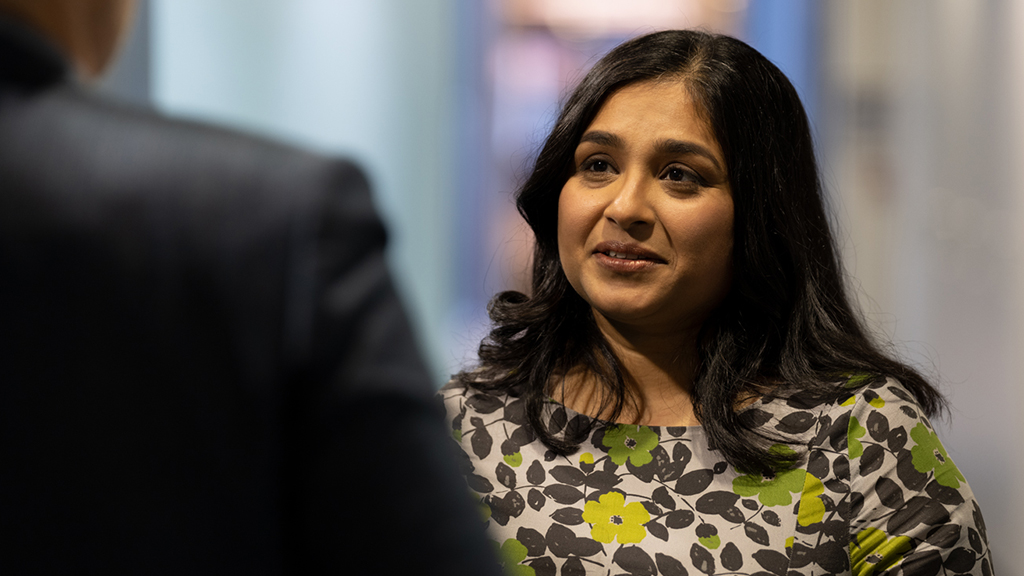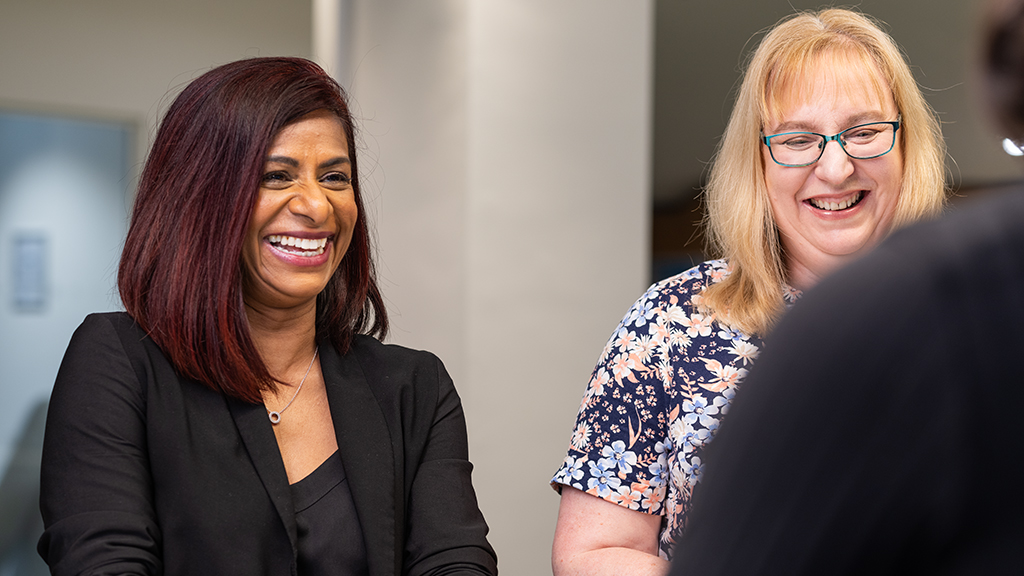
Our recruitment is, by default, undertaken on merit and on the basis of fair and open competition. This is a legal requirement and our recruitment processes must comply with it and the Civil Service Commission’s recruitment principles.
-
We advertise all our current vacancies on the Civil Service Jobs website. You can search for vacancies on our Search Page.
Each advert provides detailed information about the specific role, the selection process, and the essential and desirable criteria we’re seeking.
Our roles predominately require candidates to submit a CV and a statement of suitability – both should be aligned specifically to the essential criteria and to the role being applied for.
As a Disability Confident Leader, we seek to offer interviews for disabled applicants who meet the minimum criteria, as published in the relevant job advert. We also offer a similar scheme for Veterans, in line with the initiative, A Great Place to Work for Veterans, and also for civil servants at risk of redundancy.
Once the vacancy closing deadline has passed, applications are reviewed by the recruitment panel, who then re-review and create a shortlist.
-
Shortlisted applicants can be asked to undertake an Individual Leadership Assessment (lLA). These are a series of psychometric tests which can also include verbal and numerical assessments.
Depending on the nature of the role, candidates may also be asked to conduct a Staff Engagement Exercise (SEE), where they will be asked to present in front of key stakeholders.
The ILA and SEE are scored and passed to the panel ahead of the interviews. These reports are also made available to candidates so they can see how they performed.
-
You can view a version of this video with audio description on our YouTube channel.
-
Interviews for an SCS role can take up to 1 hour, during which a panel will ask a series of questions to assess your suitability and competency to be successful in the role. The panel will usually consist of a minimum of 2 people including the job holder, an HR representative and an Independent Panel Member. Director and Director General posts will also have a member of the Civil Service Commission in attendance.
Interviews can be held either in person or via video conference depending on requirements. When answering questions again use examples to show your competence and consider using the the STAR method to help you focus your answers.
You will receive the results of the interview once all the interviews are complete, at which point, the successful candidate will undergo security checks dependant on the clearance level required (information will be in the application details).
However a candidate performs at interview for an SCS role, we’ll always provide them with comprehensive feedback.
-
- It’s a good idea to call the contact listed on the job advert to discuss the vacancy, the complexities and challenges of the role and consider these when developing your application forms and as part of your interview responses
- You may not have worked in Government before but consider what transferable skills will be helpful and how they can support the role you are applying for.
- Use “I” not “We” and be clear about your role in the outcome and your impact. Think about What you did, How you did it and Why you did it.
- Use actual examples when showing how you meet the essential criteria – don’t generalise
- Be Authentic – At interview, do not read from a script and do engage with the panel
- Keep your answers as succinct as possible without losing the information you need to relay. The Panel will ask more probing questions if needed
- If you are delivering a presentation, ensure you practice and keep to the time limit
- Avoid jargon – Consider your audience and that they may not have knowledge about your previous roles or technical issues
- Preparation and research is key to understanding the challenges and opportunities that Home Office face.
- Give yourself time to write you answers in offline documents, get them reviewed and checked before pasting them into your online application.

